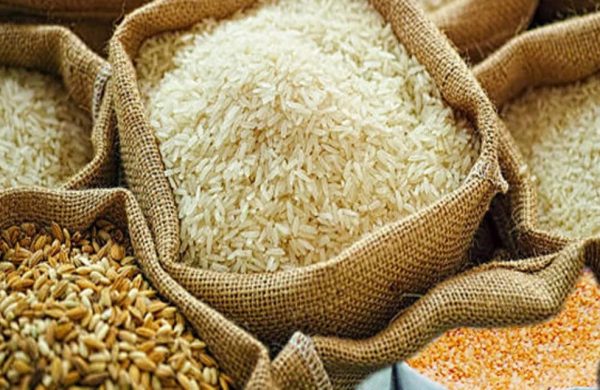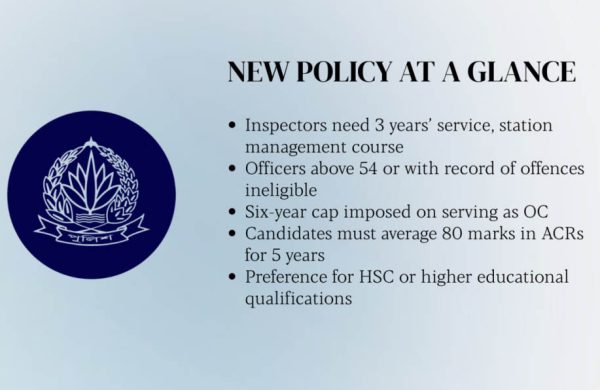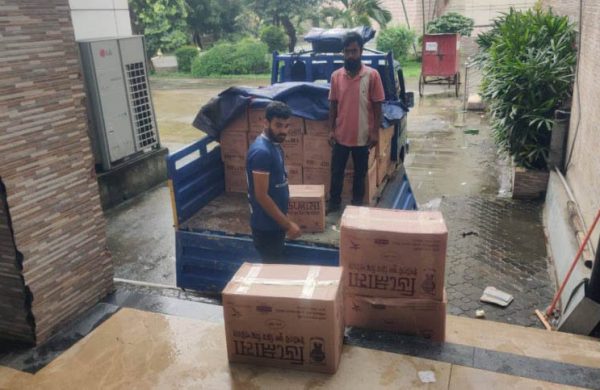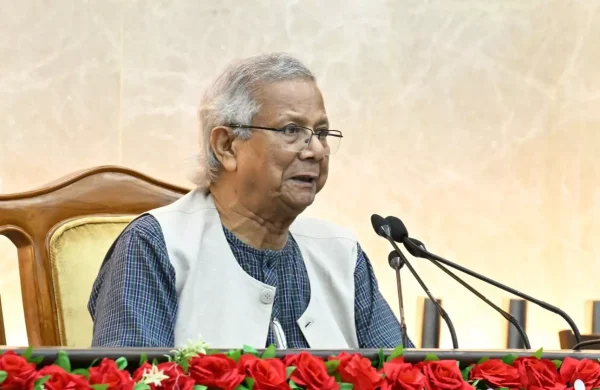Affordability, sustainability crisis rank Bangladesh 4th on global food insecurity list
- Update Time : Monday, August 4, 2025

TDS Desk:
A newly released global report has revealed that Bangladesh endured a severe food crisis in 2024, with 23.6 million people experiencing acute food insecurity between October and December of that year.
The findings, detailed in the Global Report on Food Crises 2025, place Bangladesh as the fourth most affected country among the top five nations grappling with extreme food insecurity.
Published jointly by five United Nations agencies, including the Food and Agriculture Organization (FAO) and the World Food Programme (WFP), the report attributes the crisis to a confluence of disasters, economic instability, and political unrest that defined much of 2024.
The food crisis intensified in May 2024, when Cyclone Remal struck the southern coast, triggering flash floods across multiple districts. The storm and its aftermath caused an estimated $596 million in damage to agriculture, livestock, and fisheries, directly affecting 1.7 million farming households.
Saltwater intrusion from the cyclone rendered vast tracts of farmland, particularly in coastal regions, infertile, severely disrupting rice cultivation, the backbone of Bangladesh’s food system. The long-term impact on soil productivity continues to hinder crop yields.
Compounding the environmental shocks were macroeconomic challenges. Soaring inflation, rising fuel prices, and a weakening currency drove up the cost of food and essential goods, eroding household purchasing power.
At the same time, widespread political instability and protests in mid-2024 disrupted supply chains, markets, and government operations, further destabilising the food system.
“The crisis was not just about production,” said a UN official involved in the report. “It was about access, affordability, and resilience – all of which were severely compromised.”
Despite notable progress in food production over the past seven years, the report highlights that 77.1 million people in Bangladesh, nearly 45 per cent of the population, still lack regular access to a healthy, balanced diet.
More than 10 per cent of the population suffers from malnutrition, with children and women in rural and disaster-prone areas most affected.
The report evaluates food insecurity across four key dimensions: Food sufficiency, availability, affordability, and sustainability.
While Bangladesh maintained sufficient food stocks, the collapse in affordability and sustainability due to inflation, job losses, and climate shocks pushed millions into crisis.
The top five countries with the highest number of people facing acute food insecurity are Nigeria, Sudan, the Democratic Republic of the Congo, Bangladesh, and Ethiopia.
When measured per capita, the most severely affected regions include the Gaza Strip, South Sudan, Sudan, Yemen, and Haiti.
In response to the report, the Bangladeshi government has stressed that the current situation has improved significantly since 2024.
Officials argue that the data reflects a difficult period now largely overcome.
Md Mahbubur Rahman, Director General of the Food Planning and Management Unit (FPMU) under the Ministry of Food, told journalist “There is no shortage of food in the country on Monday. We now have the highest food grain stock in our history, over 2.54 million tonnes of paddy, rice, and wheat.”
This surpasses the previous record of 1.985 million tonnes set in January 2022.
The ongoing Boro rice season is also expected to yield more than 1.5 million tonnes, the highest procurement ever recorded for this harvest.
“The information in the report was collected during a time of crisis, floods, unrest, and economic turmoil,” Rahman explained. “We have since managed the situation effectively. Food production and availability are stable.”
He acknowledged, however, that challenges remain in affordability and sustainability. “We are not facing a production crisis, but inflation and climate-related disruptions have weakened household resilience. That’s what the reports are capturing.”
As climate change increases the frequency of extreme weather and economic volatility persists, Bangladesh’s experience in 2024 serves as a stark reminder: Food security is not just about harvests, it is about stability, equity, and preparedness.
For millions of households still struggling to afford a balanced meal, the road to true food security remains long – and urgent.


















